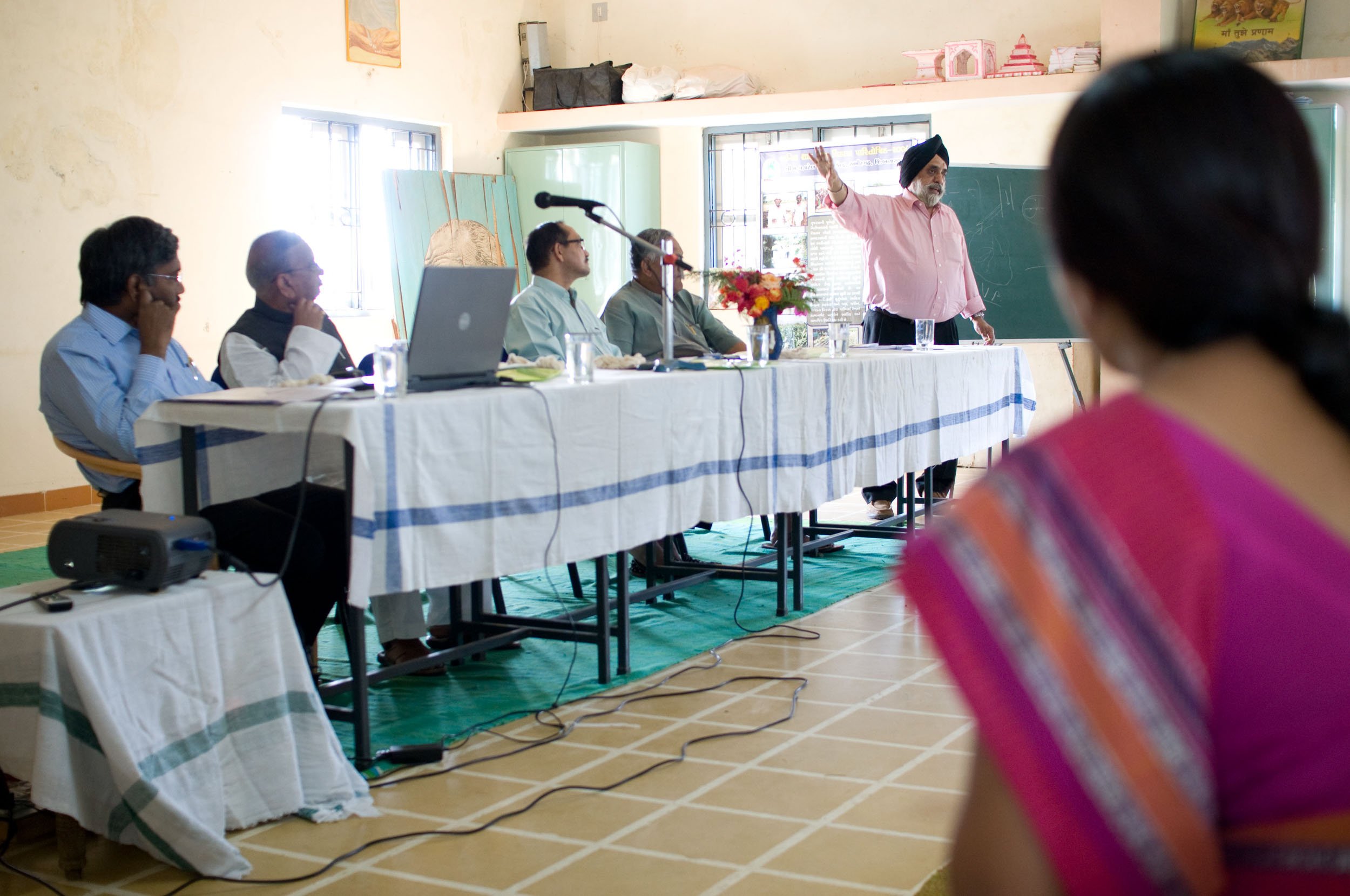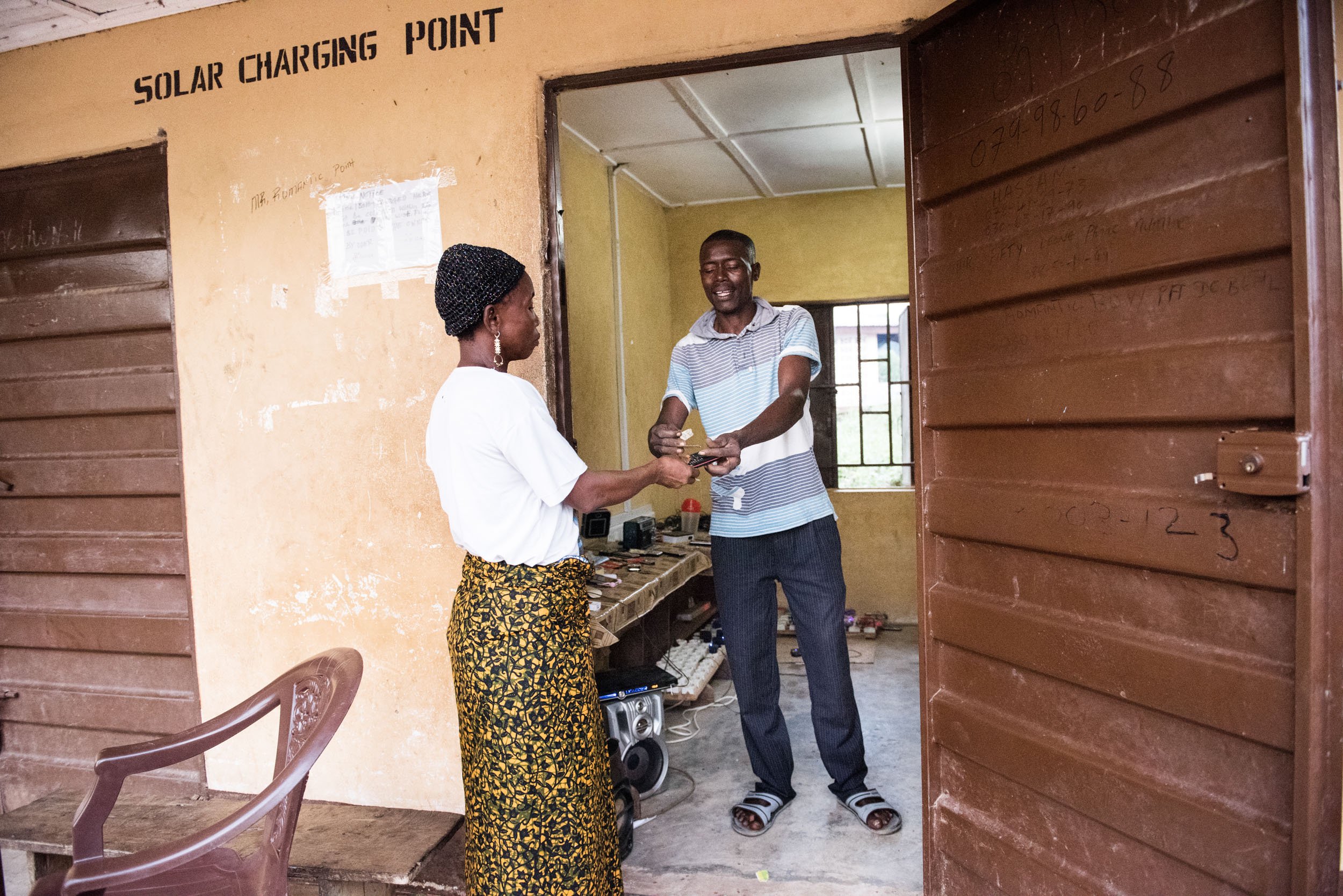Our Work
The Matchmaking Process
We facilitate comprehensive capacity sharing to make local responses compatible with the international policy and funding landscape.
We combine specialised expertise, technical and context-specific knowledge to address the challenges of localisation.
The challenge:
removing barriers between local organisations and donors
-
Localisation means supporting local actors and organisations to take a leading role in responding to crises and advancing development goals.
Effective local organisations promote relevant, inclusive, and bottom-up solutions for humanitarian relief, conflict resolution and development. They strengthen the resilience of communities and reduce dependencies on international assistance.
Localisation increases the competition between potential recipients of international funding, which may reduce costs for donors and enhance the benefits for target populations.
Stronger local organisations expand the “market of ideas” on what to do in response to crises. They can enrich national and international political debates. A larger competition of ideas widens the space for innovation.
-
Donors have committed to building local structures and strengthening local leadership in response to crisis. Evidence shows that progress towards this commitment is extremely slow. There is a mismatch between the capacities of local organisations and donor requirements.
The market of potentially fundable local organisations is very limited. This is particularly true for initiatives led by women, youth and marginalized groups. Local organisations often lack the capacities to work complex procurement systems and to comply with the diverse requirements of donors regarding transparency and results-based management.
From the perspective of donors, who are accountable to taxpayers, these weaknesses outweigh the strengths of local organisations. To minimize financial and reputational risks, donors mostly delegate the work with local partners to large internationally operating organisations. Those organisations contract local actors to implement their projects and programmes.
Faced with their dependency on limited and mostly project-bound resources, local organisations cannot afford the logistical and human capacities to attract funding for their own solutions.
-
MatchLocal helps to make the commitment to localisation become a reality on the ground. We support local solutions by strengthening the ability of local organisations to engage with donors and internationally operating organisations.
We make international commitments, donor requirements and local needs, ideas, and opportunities match.
Our approach:
a four-step matchmaking process to make donor requirements and local responses match. Together with our partners, we provide a “one-stop-shop” engagmenent process in support of local solutions.
1. Scout
We scout local organisations. This is based on country expertise, context specific needs and donor requirements. Organisations that qualify as potential local partners may include civil society organisations and local government agencies with basic organisational prerequisites. We pay special attention to including organisations and solutions led by women, youth and representatives of marginalized groups.
2. Incubate
We organise a one-week workshop with pre-selected local organisations . The purpose of the workshop is to create ways and means to turn local ideas into fundable solutions. The workshop includes future labs to develop local ideas into strategies. It also provides hands-on training in project planning, monitoring and evaluation, grant application, bookkeeping and accountability.
3. Assess
We produce a comparative assessment of local organisations based on a systematic evaluation of the workshop. This report provides donors with an overview of strengths, capabilities, and challenges of local organisations as well as the ideas and strategies they have developed. We also asses the need for longer-term support by MatchLocal.
4. Accompany
We accompany local organisations in applying for funding. We provide funded local organisations with ongoing and on-the-job support to meet monitoring and reporting requirements throughout project implementation, according to the assessed capacity needs and in close coordination with the donor. We assess the progress made in strengthening local leadership and identify lessons learned from the matchmaking processes.
The benefits:
the matchmaking process benefits both local organisations and donors
Enhanced mutual awareness
-
We provide information on concrete funding possibilities and application procedures. We support local organisation in developing sustainable structures.
-
We scout, map, and assess potential local partners and their ideas. We support local partners in building organisational structures to partner with donors.
Empowered local strategies
-
We engage local organisations in future labs to develop ideas and strategise action to meet context specific requirements.
-
We provide comparative assessments of local organisations’ ideas, projects and capacities. We serve as sounding board for evaluation of project proposals and partnerships.
Results-based project management
-
We conduct hands-on training and accompany local organisations in applying result-based management tools for strategic planning, project implementation, monitoring, and evaluation.
-
We base trainings on international standards of results frameworks, monitoring and evaluation while tailoring the content towards specific donor policies and requirements.
Reliable compliance and accountability systems in place
-
We assist local organisations in preparing grant proposals that meet the requirements of donors. We provide local organisations with accessible IT solutions for bookkeeping and accountability, corresponding training, and support over the course of their project.
-
We provide local organisations with trainings and solutions that meet the specific requirements of grant and procurement systems. This reduces the transaction costs for donors.
Effective networks for sustainable local leadership
-
We support local organisations in creating and sustaining networks for information exchange, capacity sharing, cooperation, and collaboration.
-
We encourage learning from local experiences by sharing our expertise and facilitating the participation of local organisations in international policy development.








